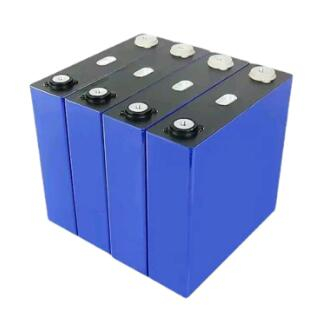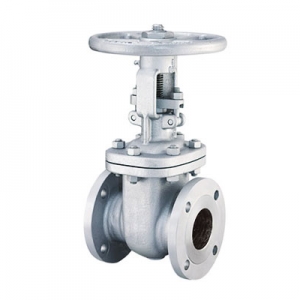Lithium iron phosphate (LiFePO4) batteries have gained significant popularity across various industries due to their stability, longevity, and safety. As part of the lithium-ion family, these batteries offer a reliable power source for everything from electric vehicles (EVs) to renewable energy storage solutions.
From a safety perspective, one of the key advantages of LiFePO4 batteries is their thermal stability. Unlike other lithium-ion batteries, lithium iron phosphate batteries are less prone to overheating or catching fire under extreme conditions, making them a safer option in high-demand environments. Their inherent stability significantly reduces the risk of thermal runaway, a concern with many other battery types.
In terms of longevity, LiFePO4 batteries excel with a much longer cycle life compared to traditional lead-acid or other lithium-ion batteries. They can typically endure thousands of charge-discharge cycles, maintaining their performance for up to 10 years or more. This makes them an ideal choice for applications where long-term reliability is essential, such as in solar power storage systems or electric vehicles.
From a performance standpoint, LiFePO4 batteries offer a consistent discharge rate, providing stable power output over a wide range of temperatures. They also have a higher energy density than lead-acid batteries, meaning they can store more energy in a smaller, lighter package. This makes them an excellent choice for portable and space-constrained applications.
Finally, environmental impact is an important consideration. LiFePO4 batteries are non-toxic, more environmentally friendly, and easier to recycle than some other types of batteries, contributing to a lower environmental footprint.

https://www.zinntu.com/product/electrical-system/battery/
These batteries incorporate fast-charging technology, significantly reducing the time required for recharging. This advantage helps maintain smooth operations, especially in industries that depend on quick turnarounds and continuous service, such as shipping and logistics.







